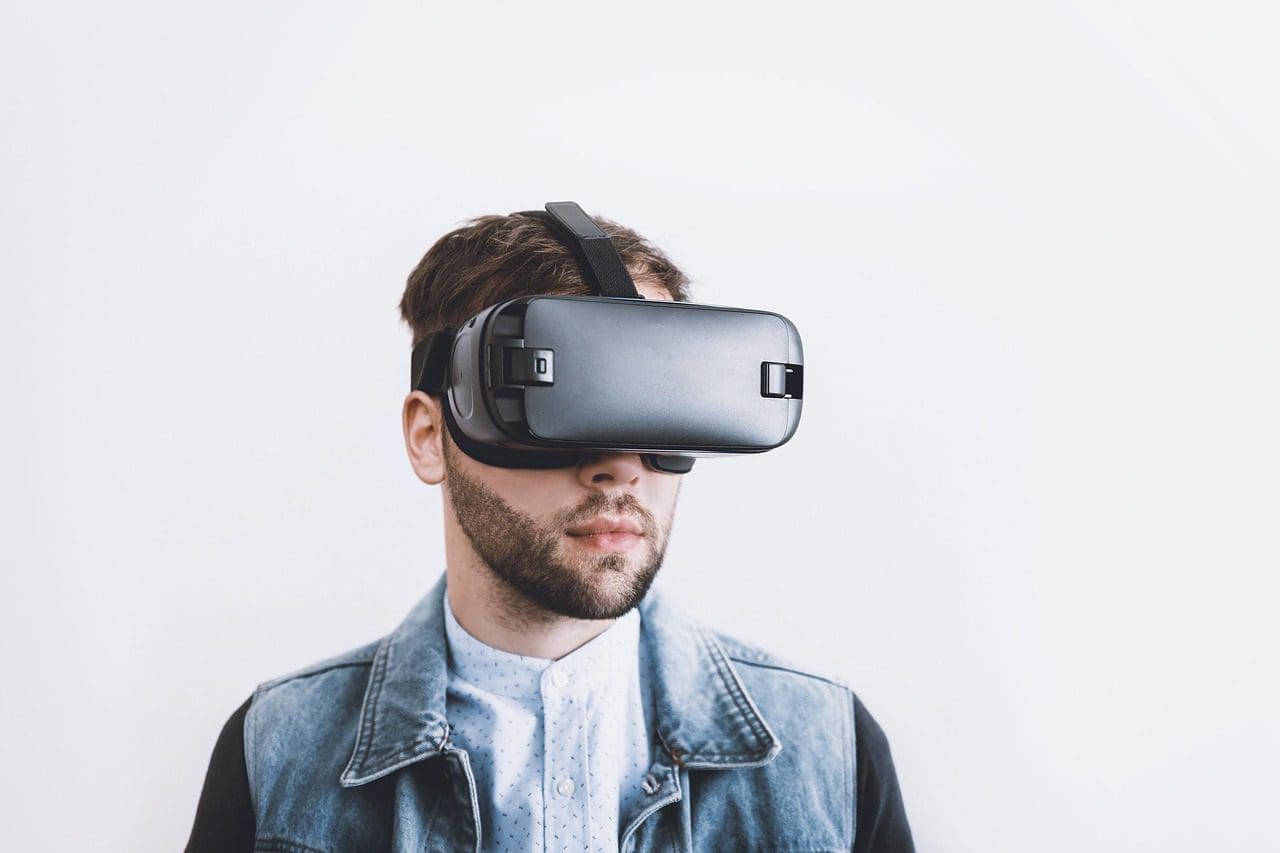In the rapidly evolving digital landscape, innovative technology solutions are not just transforming the way we conduct business; they are fundamentally reinventing the very fabric of it. From enhancing operational efficiency to offering unprecedented access to insights and analytics, these technologies are setting new benchmarks for success across all industries. This blog post explores 8 groundbreaking tech solutions that are playing pivotal roles in this transformation, driving businesses toward greater innovation, agility, and competitiveness in the global marketplace.
Software Upgrades
Among the tech advancements driving business transformation, software upgrades stand out for their ability to streamline operations and enhance productivity. These upgrades, encompassing everything from enterprise resource planning (ERP) systems to customer relationship management (CRM) solutions, are not merely about keeping software current. The team behind the Prime Software company says that invoicing, bookkeeping, and payroll systems have seen significant improvements in recent years thanks to software upgrades. With features such as automated processes, cloud-based storage, and real-time data access, these upgraded software solutions are empowering businesses with the tools they need to stay ahead of the curve.
Robotic Process Automation (RPA)
Robotic Process Automation (RPA) is another game-changing technology that is simplifying business processes and driving efficiency across various industries. RPA involves using software robots, or “bots,” to automate routine, monotonous tasks previously performed by humans. These tasks include data entry, transaction processing, and responding to simple customer queries. By taking over these repetitive duties, RPA allows human employees to focus on more strategic, creative, and engaging work.
Furthermore, RPA offers significant cost savings and accuracy improvements. Since bots work around the clock without fatigue and with consistent precision, businesses see a reduction in errors and an enhancement in performance. For industries such as banking, insurance, and healthcare, where the volume of paperwork and the need for compliance are high, RPA has become an invaluable tool. Not only does it optimize operational efficiency, but it also enhances customer satisfaction by speeding up response times and ensuring accurate data handling.
A helping hand should always be welcome in warehouses where heavy objects need to be moved efficiently and safely. Facilities that implement an advanced bulk materials handling systems can easily improve productivity while reducing the strain on workers. These systems can handle repetitive and heavy tasks that would otherwise require significant manual labour, freeing up employees to focus on higher-value activities. This approach aligns with the broader trend of using automation to enhance workplace efficiency and safety.
Artificial Intelligence (AI) and Machine Learning
Artificial Intelligence (AI) and Machine Learning (ML) are fundamentally reshaping the business landscape by offering smart, adaptive technology solutions. These technologies enable businesses to predict customer behaviour, optimize operations, and personalized experiences to a degree that was previously unimaginable. AI algorithms can process vast amounts of data at incredible speeds, identify patterns, and make decisions with minimal human intervention.
For example, in the retail industry, AI-driven chatbots are providing customers with personalized shopping experiences, while in manufacturing, ML algorithms are being used to predict maintenance needs, significantly reducing downtime. The integration of AI and ML into business operations not only enhances efficiency and productivity but also provides a competitive edge in understanding and meeting customer needs more effectively.
Internet of Things (IoT)
The Internet of Things (IoT) is revolutionizing business operations by connecting physical objects to the Internet, thereby enabling the collection and exchange of data in real-time. This interconnectedness offers businesses a previously untapped wealth of insights into their operations, asset utilization, and efficiency. For instance, in the logistics sector, IoT devices can track the location and condition of goods in transit, significantly improving supply chain visibility and reducing losses from damaged goods.
Similarly, in facility management, sensors can monitor energy usage and environmental conditions, leading to more sustainable and cost-effective operations. The IoT’s ability to provide detailed, precise data is enhancing decision-making processes and paving the way for innovations in predictive maintenance, optimized resource management, and enhanced customer experience.
Cloud Computing
Cloud computing is revolutionizing how businesses store, access, and manage their data by providing scalable, flexible, and cost-efficient solutions. This technology allows companies to move their IT infrastructure to the cloud, eliminating the need for expensive hardware and maintenance. With cloud computing, businesses can access their data from anywhere in the world, fostering a new era of mobility and collaboration. It also offers the advantage of pay-as-you-go pricing models, making advanced computing capabilities accessible to businesses of all sizes.
Additionally, cloud services such as AWS, Azure, and Google Cloud are facilitating application development and deployment, driving innovation and speed to market. Cloud computing enhances operational efficiency, significantly reduces downtime, and improves data security, marking a pivotal shift in how businesses approach their IT strategies.
Augmented Reality (AR) and Virtual Reality (VR)
Augmented Reality (AR) and Virtual Reality (VR) are transforming the business world by creating immersive and interactive experiences for consumers and employees alike. These technologies are redefining industries from retail to real estate, offering innovative ways to engage with products, properties, and training materials.
For instance, AR is being used in retail to allow customers to visualize products in their own homes before making a purchase, greatly enhancing the shopping experience and customer satisfaction. Meanwhile, in the realm of training and development, VR is providing employees with realistic scenarios and environments to hone their skills without the risks associated with real-world training.
The ability to create detailed simulations means that workers can be prepared for a variety of situations, improving performance and safety. Furthermore, AR and VR are proving to be invaluable tools in design and prototyping, enabling engineers and designers to visualize and interact with their creations in a three-dimensional space.
This not only accelerates the development process but also helps identify potential issues early on. AR and VR’s impact on businesses is profound. They offer not just novel ways to interact with customers and train staff but also new avenues for innovation and growth.

Blockchain Technology
Blockchain technology is emerging as a foundational element in the next wave of business transformation. It offers a level of security and transparency previously unseen in digital transactions. At its core, blockchain is a distributed ledger technology in which transactions are recorded, verified, and stored across a network of computers, making them nearly impossible to alter or hack.
This has profound implications for industries such as finance, where blockchain is disrupting traditional banking and payment systems. Cryptocurrencies like Bitcoin and Ethereum are the most well-known applications, enabling secure, transparent financial transactions without the need for intermediaries like banks.
However, blockchain technology has far more promise than just cryptocurrency. In supply chain management, for instance, blockchain can provide transparent tracking of goods from production to delivery, ensuring authenticity and reducing fraud. Similarly, in the realm of contracts and legal processes, smart contracts automate and enforce agreements without the need for manual oversight, streamlining operations and significantly reducing costs.
Data Analytics and Business Intelligence
Data Analytics and Business Intelligence (BI) are pivotal in harnessing the power of data to inform strategic decision-making and foster a competitive edge in today’s business environment. Organizations can predict trends, understand customer behaviour, and optimize operations by extracting valuable insights from large datasets. Advanced analytics tools and BI software enable businesses to visualize data in comprehensive dashboards, making complex information accessible and actionable. For instance, retail companies can analyze purchasing patterns to tailor marketing strategies, while healthcare providers use data analytics to improve patient care and outcomes.
These eight innovative tech solutions are reshaping the business landscape, driving efficiency and competitiveness in every industry. By embracing these transformative technologies, businesses not only enhance operational processes but also create new opportunities for growth and innovation. As technology continues to evolve at an unprecedented pace, staying ahead of the curve will be critical in achieving long-term success in today’s digital age.


